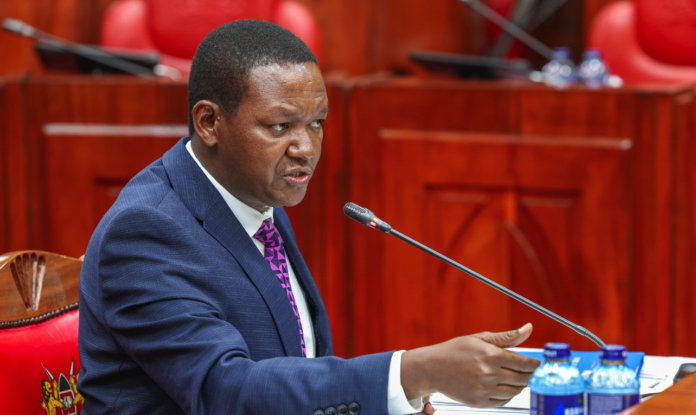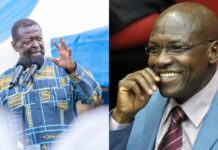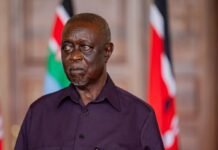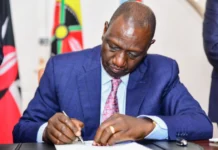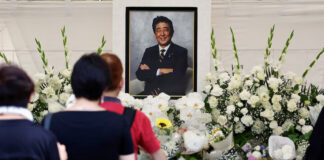Cabinet Secretary nominee for Labour and Social Protection, Alfred Mutua, has outlined an ambitious plan to reform Kenya’s labour migration laws to better protect citizens seeking employment abroad, particularly in the Gulf nations.
During his appearance before the Committee on Appointments, Mutua emphasized the need for significant changes to address the current disadvantages faced by Kenyan migrant workers.
Mutua stated that existing laws have systematically placed Kenyan workers at a disadvantage, denying them adequate working conditions and terms. “We need to ensure that Kenyans seeking opportunities abroad are treated fairly and with dignity,” he said.
To pave the way for improvements, Mutua proposed deploying legal representatives from the Attorney General’s office to Gulf countries that have existing labor agreements with Kenya.
“I want to get lawyers to study and understand their laws because we need to know what we are dealing with,” he explained. This proactive approach aims to enhance Kenyans’ negotiating positions and offers a clearer understanding of the laws governing employment in those regions.
One of the critical challenges identified by Mutua is the number of Kenyans working in countries that lack signed agreements with Kenya. This situation complicates the government’s ability to respond effectively in emergencies affecting its citizens abroad.
To combat the proliferation of illegal recruitment agencies, Mutua announced plans to establish a professionally curated website. This portal will feature a comprehensive list of approved recruitment agencies, providing job seekers with a reliable resource to verify the legitimacy of employment offers.
“This initiative will help tame the growing numbers of illegitimate recruiters and ensure that exported workers are accorded the necessary security and employment terms,” he said.
Furthermore, Mutua set an ambitious target of increasing the number of workers sent overseas from 5,000 to 10,000 weekly. He hopes to implement a constituency-led recruitment system, where Member of Parliament (MPs) play a pivotal role in identifying candidates for overseas jobs.
“We want to empower MPs to help provide quotas of individuals who can be sent abroad,” he remarked.









